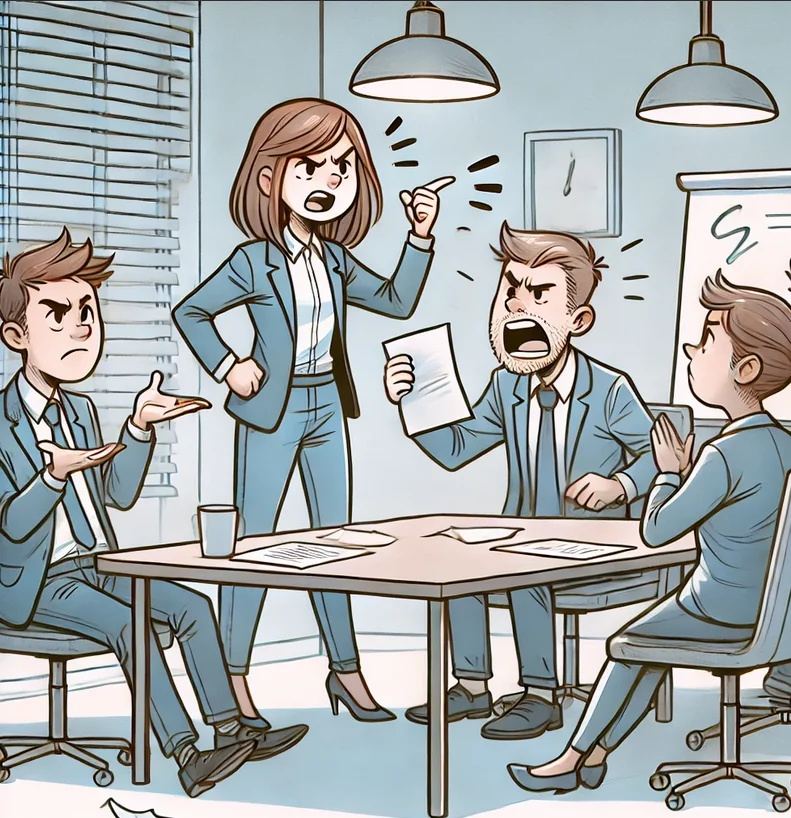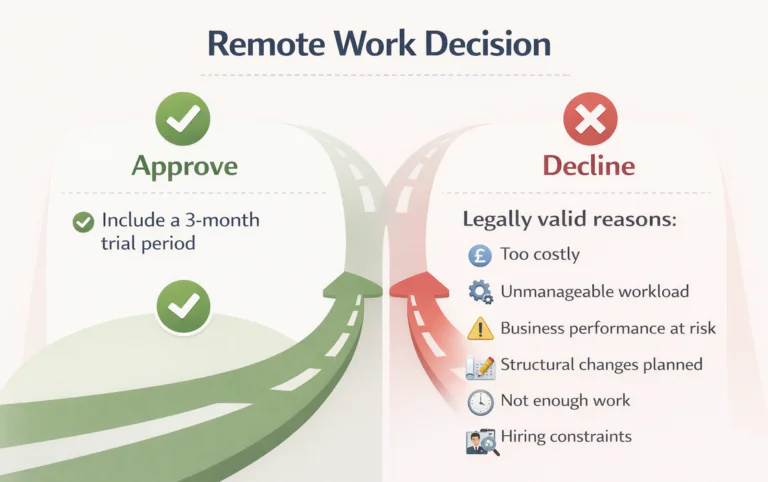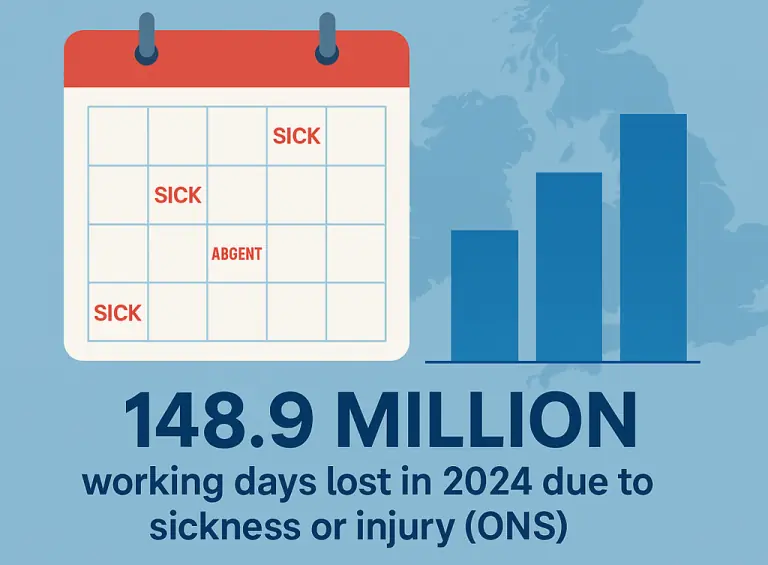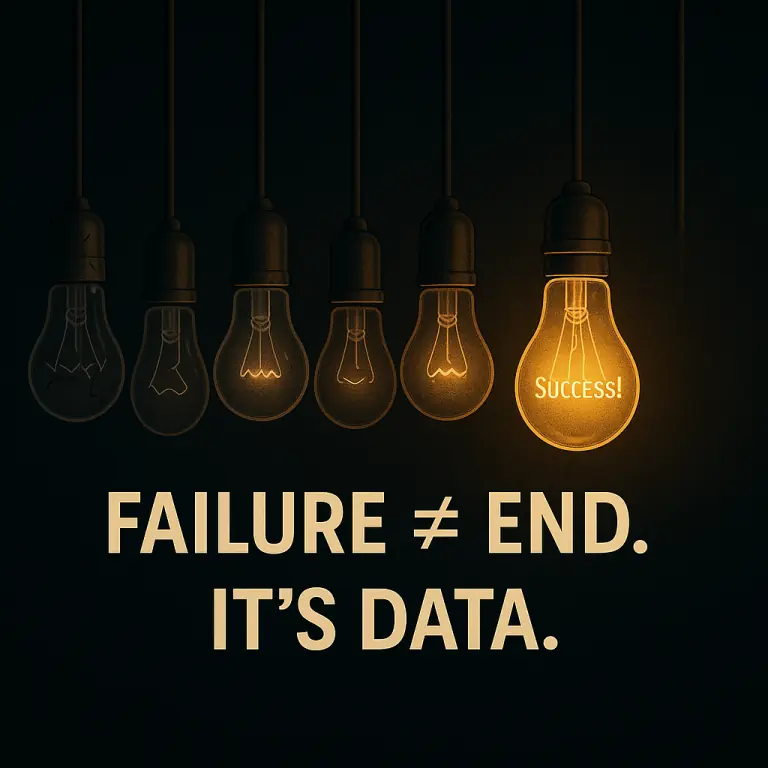
What Causes Team Conflict? – 5 Minute Guide!
Every workplace in the world has conflicts.
Too much of it will tear even the best teams apart.
Team conflict is a disagreement among team members due to differences in opinions, values, or goals.
It affects productivity and morale if not managed effectively.
As we teach on our line management courses, it is your job to handle these conflicts.
But to do so, we need to understand where conflict comes from in the workplace?
Common Causes of Conflict At Work
The major causes of workplace conflicts are:
1. Team Dynamics
The status quo in a team can be upset in lots of ways.
Even a great team can be disrupted with a change in dynamics, leading to disputes with other team members.
The most common example of team dynamics is when someone new joins a team.
Making use of active listening when people have an issue with a new team member is a great way to keep this under control.
2. Unclear Roles & Responsibilities
If roles and responsibilities are unclear within a team, conflict is going to happen.
This will happen if you delegate work to the wrong person, as they will start acting above their position.
Tasks not clearly allocated to a team member often go unfinished.
Then people will start to blame eachother for the task not being finished!
People will believe that others should be completing an unallocated task, which then leads to a dispute.
3. Values
We all have beliefs about how others should behave.
Given that we all have different views, and expectations:
These beliefs can be quite different and sometimes contradictory, leading to clashes.
4. Poor Work Habits
If a team member has poor work habits, this can quickly lead to dispute.
If someone consistently procrastinates or is late to work, other team members may hold this against them.
As time goes on, this frustration will often build up.
Often this frustration then crystallises around one relatively minor issue.
Then before you know it, you have a big problem on your hands!
What Is Conflict Resolution?
Conflicts are unavoidable at the end of the day.
So how can we resolve them?
Managing team conflict is all about bringing two or more parties who are in dispute to a peaceful, lasting solution.
To resolve conflicts, conversations between the two parties or more will need to occur.
To keep conversations productive, focus on clear communication to handle differing opinions and approaches.
Conclusion
Conflict is bound to happen in any workplace.
Especially when the pressure to meet deadlines and targets increases stress.
Knowing where this conflict comes from is your key to minimising it!

- Facebook: https://www.facebook.com/profile.php?id=100066814899655
- X (Twitter): https://twitter.com/AcuityTraining
- LinkedIn: https://www.linkedin.com/company/acuity-training/




